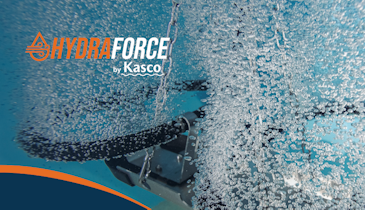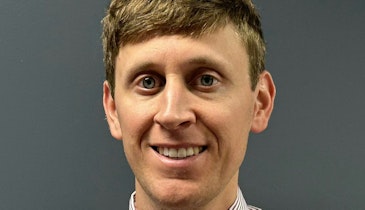
With barely eight years in the wastewater industry, operator Joshua “Josh” Willison is a young man with a bright future. Serving the Franklin County (Missouri) Water & Sewer District, Willison is focused on advancing his career — and already has an award to show for his...








